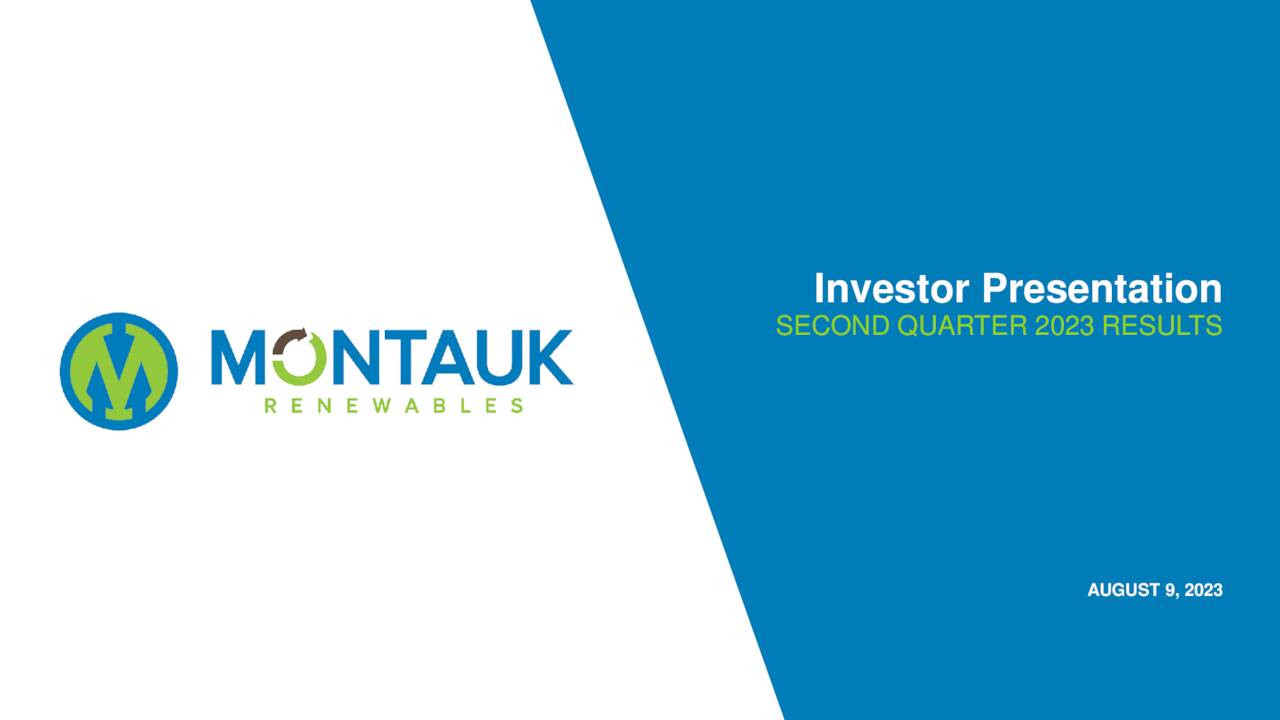The Global Talent Landscape Shifts: AI and Geopolitics Drive New Trends in the 2024 Workforce Index
The 2024 Total Workforce Index™ (TWI) by ManpowerGroup's Talent Solutions reveals a dynamic global talent landscape, influenced by the rising impact of artificial intelligence (AI), sustainability, and geopolitical factors. The index, now in its 11th year, assesses over 200 factors across 64 global labor markets, introducing new metrics for AI, sustainability, peace, and stability, which have significantly reshaped this year's rankings.
The Rise of AI and Sustainability in Global Talent Evaluation
The TWI's inclusion of AI readiness as a key metric signifies a critical shift in workforce evaluation. This change reflects the growing importance of AI capabilities in driving business innovation and productivity. The index highlights the growing prominence of AI-driven growth and innovation across global workforces, underscoring the importance of investing in markets with the potential for AI-driven growth and innovation.
Furthermore, the index places emphasis on sustainability, which is now a crucial factor in attracting and retaining talent. This reflects the increasing demand for businesses to demonstrate commitment to environmental and social responsibility. The TWI findings suggest that organizations are prioritizing sustainable practices, recognizing that a sustainable workforce is a competitive advantage.
Geopolitical Landscape Impacts Global Talent Mobility
The TWI also reflects the impact of geopolitical events on the global talent landscape. The ranking of Israel, which has dropped from fifth to 14th, illustrates the influence of political stability on workforce attractiveness. The introduction of new metrics addressing political violence risk and ease of business conduct has significantly affected Israel's position.
The report underscores the importance of considering geopolitical stability as a key factor in workforce planning. For investors, this implies the need to diversify investment strategies, balancing cost efficiency with future-readiness and stability in an increasingly volatile global environment.
Top Performers and Emerging Trends
The United States, Singapore, and Canada maintain their top three positions for the fourth consecutive year, demonstrating continued strength in key talent categories. However, the rankings also showcase the rise of new players, including:
- China's entry into the top ten, driven by population growth, a large tech workforce, and innovation factors. This signifies China's emergence as a global talent hub, attracting both domestic and international talent.
- The United Arab Emirates' ascent to seventh place, boosted by high tertiary education rates, remote readiness, and ongoing innovation investments. This indicates the UAE's commitment to investing in human capital and attracting skilled professionals, particularly in technology and innovation.
Implications for Investors and Businesses
The 2024 TWI offers crucial insights for investors and businesses seeking to navigate the evolving global talent landscape. The report emphasizes the need to shift beyond traditional factors like cost and ease of business to prioritize technological readiness, sustainability, and geopolitical stability. This shift suggests that investors and businesses should consider opportunities in markets adapting quickly to these new priorities.
For businesses, the index underscores the importance of developing workforce strategies that align with these evolving priorities. This includes investing in AI and sustainability initiatives, fostering a culture of innovation, and prioritizing the well-being of employees. It also highlights the need for businesses to stay informed about geopolitical risks and adapt their operations accordingly.
The Future of the Global Talent Landscape
The 2024 TWI reveals a dynamic and interconnected global talent landscape. It highlights the changing priorities in workforce planning, where AI, sustainability, and geopolitical stability are increasingly becoming key drivers of success. As the global workforce continues to evolve, the TWI will remain a vital tool for organizations navigating these changes, providing insights into the most favorable markets for conducting business in today's dynamic global environment.


















